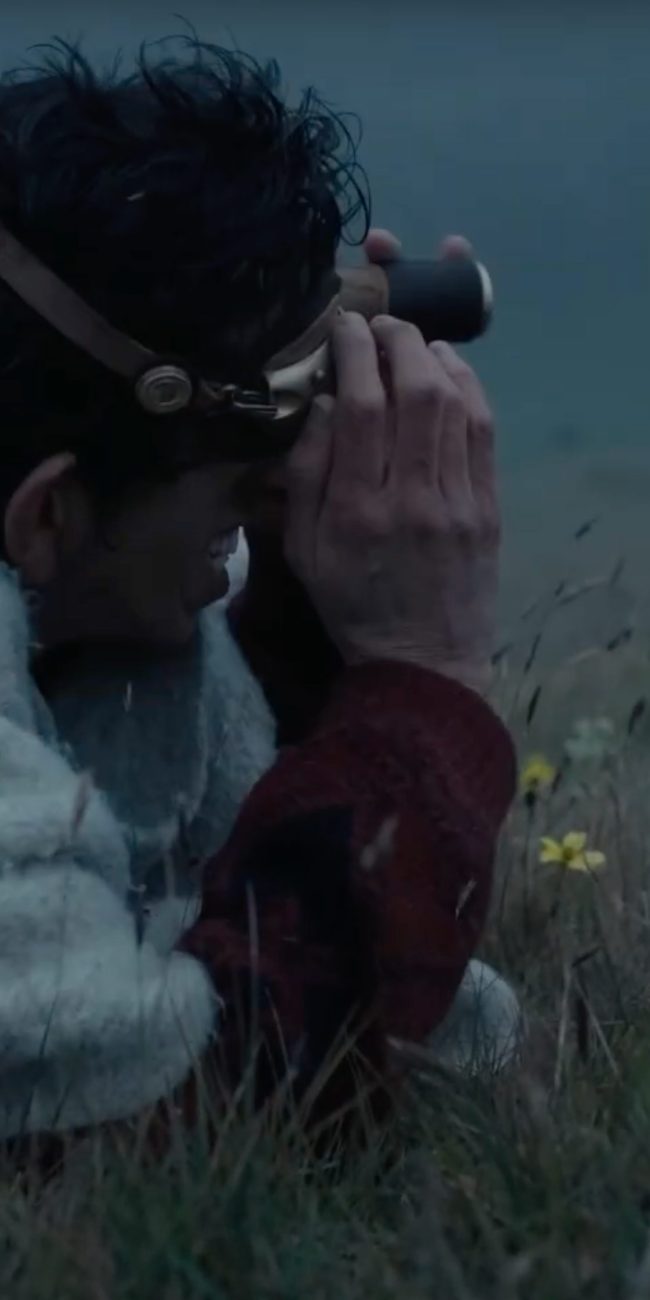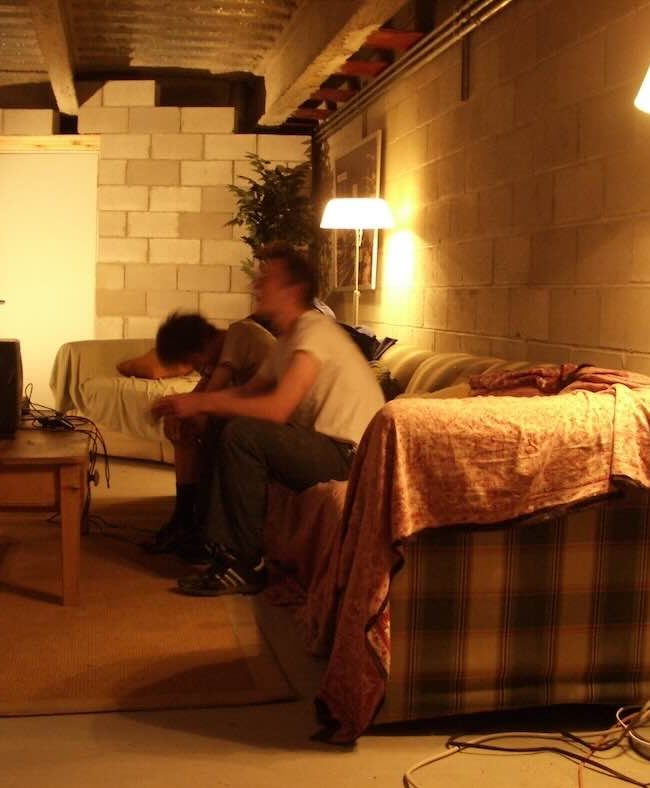POLY STYRENE: I AM A CLICHÉ

(The 2021 SXSW Film Festival kicks off March 16 and runs through the 20th, all online. Hammer to Nail has tons of coverage coming your way so stay tuned! Like what you see here on Hammer to Nail? Why not give just $1.00 per month via Patreon to help keep us going?)
The importance of Poly Styrene to the music industry cannot be overstated. 19 years old, brace-faced, mixed race and a female fronting a band in the male-dominated world of Punk, her songs about identity and consumerism stand out as some of the best of her era. More importantly, as a woman who did not want to be reduced to a sex symbol, she strove to make music on her terms even if it killed her. And it almost did.
Quick Primer. Poly Styrene, born Marianne Elliott-Said in the Brixton neighborhood of London (home of members of The Clash). After watching a gig by the Sex Pistols in an empty hall she put an ad in the music papers for ‘young punx who want to stick it together.’ The respondents became X-Ray Spex, and Mari Elliot became Poly Styrene, a name she chose from the Yellow Pages looking for something plastic. Billboard called her the “archetype for the modern-day feminist punk.” In September 1977 they released their debut single Oh Bondage Up Yours!, two minutes and forty-five seconds banned by the BBC but loved by the critics. “Some people say little girls should be seen and not heard,” Poly Styrene glumly utters to open the song, “but I think” and her voice becomes a scream—”OH BONDAGE UP YOURS! 1-2-3-4!” The band kicks in with all the intensity of a liberation. The blaring sax from Lora Logic gives the tune a ska on steroids feel, and the fuzzy power chords and driving rhythm and the tune has been called “one of punk rock’s defining moments” (All Music Guide to Rock). The single did not chart but later singles did, as well as their debut album Germfree Adolescents. By 1979, they had broken up.
I Am A Cliché is a remarkable documentary that seems to me profoundly influenced by being made under the guise of the coronavirus. Rejecting the typical sit-down interviews, the film instead relies on footage of Poly herself, voice over from Poly’s diary performed by Ruth Negga (Poly passed in 2011), interspersed with shots of Poly’s daughter Celeste Bell walking around the places that still seem to be haunted her mother’s presence. Many music dignitaries chime in to emphasized Poly’s influence, although not seeing them on screen does restrict the power they have over the storyline. I’m guessing these were done via phone or Zoom but the choice made to keep them offscreen does not hurt the documentary, instead it focuses our eyes on the sights and sounds of Poly’s world.
The diary she kept during what seems to be the busiest time of her life is an endless store of depth well beyond her years. Negga’s performance of the subject’s writing feels very natural and on point. The interruptions of the daughter serve to break the mood and sometimes help us transition to another point of Poly’s life, but often they just feel like an excuse put something else on screen. The fact that Celeste Bell chose to give an interview but not on screen and yet appears on screen through much of the film is sort of strange. It does pay off nicely when her mother returns to stage and her daughter joins her. There’s a healthy amount of X-ray Spex music in the film as well as interviews with the band members although it is is disappointing nobody calls her out for disbanding the team at the height of their popularity. There are mentions of her personal relationships coming and going but never any dive into the sordid details of what interested the tabloids of the day so the film does end up feeling a little on the polite side. I guess this is understandable considering the daughter is co-directing the film.
I’ve been a huge fan of X-Ray Spex for years. I even made them my lead character’s favorite band to my first feature. The blistering sound of the sax cutting over guitar with a female voice screeching out lyrics that read like manifestos against society that belie age sounds like nothing else. Oh Bondage Up Yours! would be on my short list of the most important songs of all time so I think any documentary that can introduce Poly’s music to new fans is good thing. Choosing to title the documentary I Am A Cliché (the b-side of her band’s first single) seems perfectly within the lead singer’s own sense of irony her. Her music, her band, her legacy is anything but a cliché.
– Bears Rebecca Fonté (@BearsFonte)











